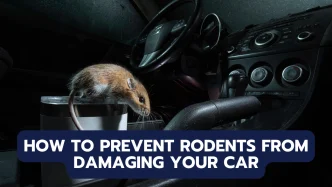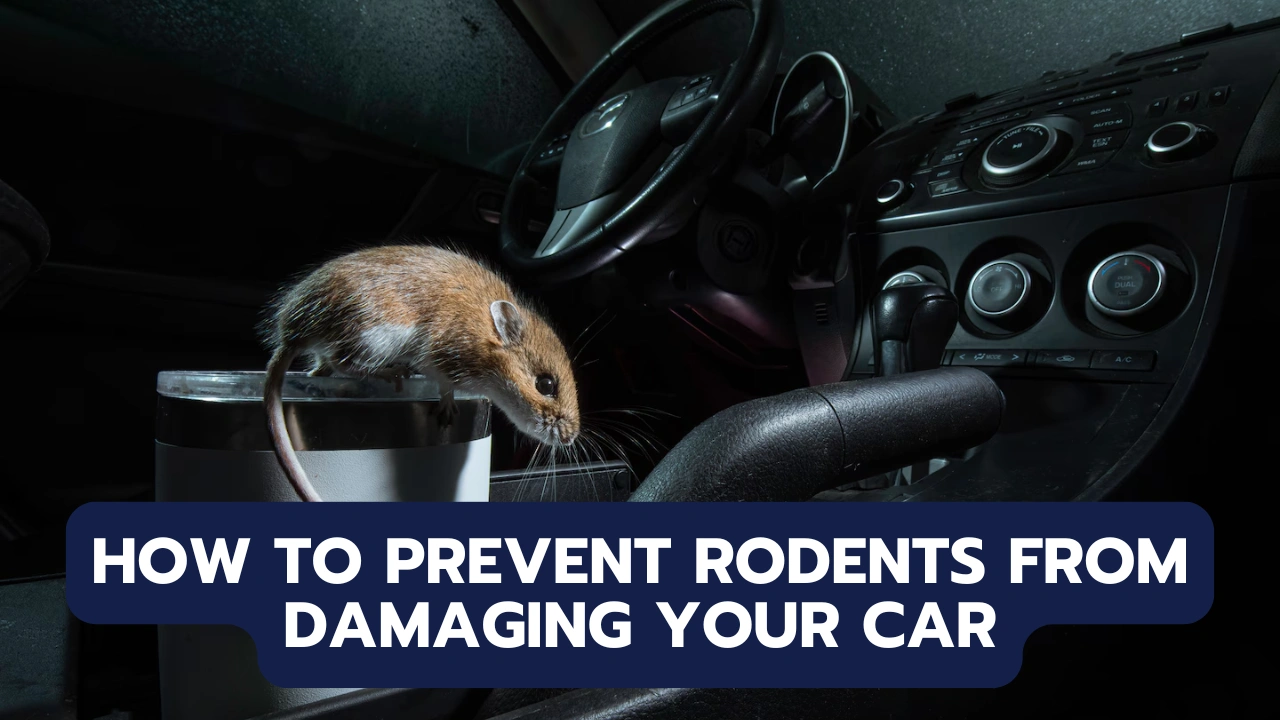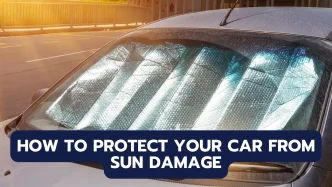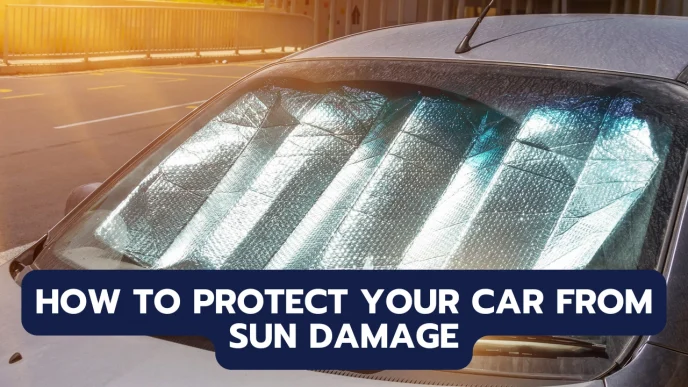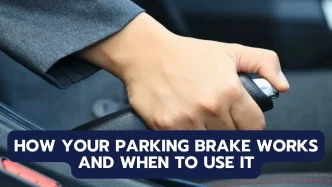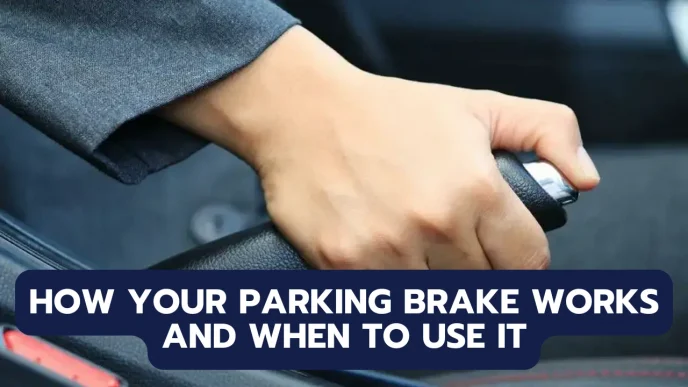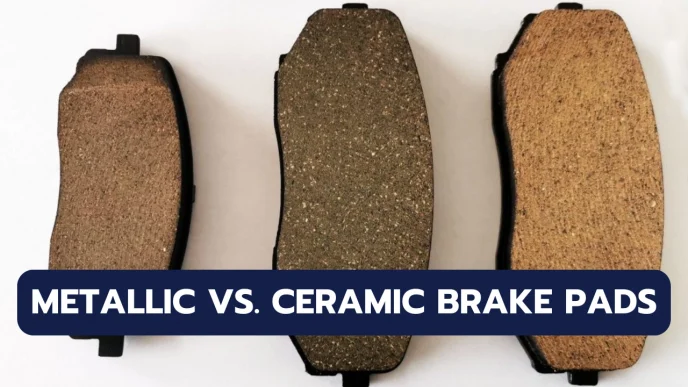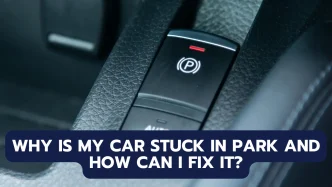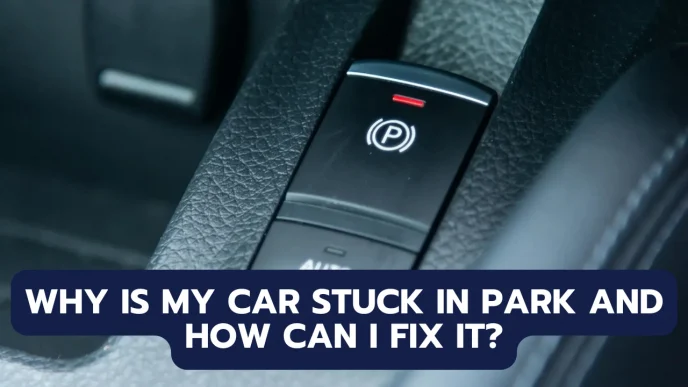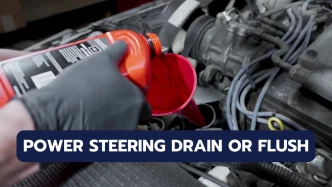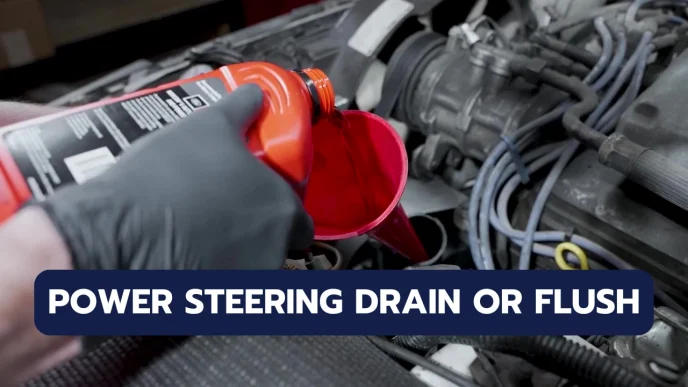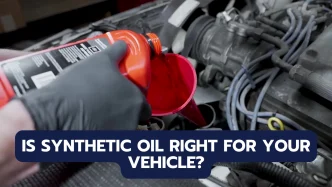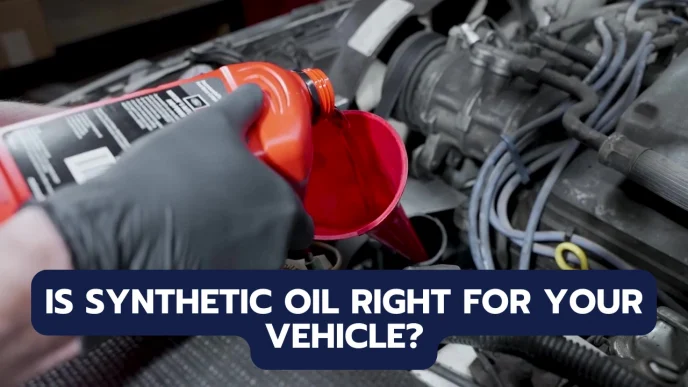Rodent damage to vehicles is a surprisingly common problem that can lead to costly repairs and hazardous driving conditions. Unlike other types of vehicle damage caused by weather or accidents, rodent infestations are less predictable and harder to prevent. Understanding why rodents target cars, the types of damage they cause, and the best prevention methods is crucial for protecting your investment. This guide explores the strategies and tools you can use to keep these critters from turning your car into their home — or their lunch.
Why Are Rodents Targeting Your Vehicle?
Rodents are driven by several basic instincts: finding shelter, gathering food, and gnawing to keep their teeth from overgrowing. Unfortunately, your car offers an ideal environment to fulfill all these needs.
- Safe Shelter: The engine compartment provides warmth and protection from predators, making it a perfect nesting spot.
- Food Storage: Rodents often hoard food, and cars offer hidden spaces to stash their finds.
- Gnawing Material: To prevent their teeth from growing too long, rodents constantly chew on various materials, including wires, hoses, and insulation. Modern vehicles often use soy-based wiring insulation, which may attract rodents due to its plant-based composition.
Rodents can drag in food, bedding, and debris from outside, creating nests in the engine bay, glove compartment, or trunk. Once they’ve settled in, their gnawing can lead to severe mechanical and electrical damage.
What Kind of Damage Do Rodents Cause in Cars?
Rodent infestations can result in multiple problems, some of which pose immediate safety hazards. Here are the key types of damage rodents can cause:
- Chewed Wiring and Hoses: Rodents often chew through wiring insulation and hoses, leading to electrical malfunctions, fluid leaks, and engine issues.
- Nest Building: Using insulation, carpeting, or papers, rodents build nests that can obstruct critical parts of the engine.
- Contaminated Interiors: Rodent droppings, urine, and nesting materials can create foul odors and health hazards.
- Mechanical Blockages: Stored food or nesting debris can interfere with moving parts, causing safety or performance issues.
- Fire Hazards: Debris and nests can ignite due to high engine temperatures.
- Health Risks: Rodents carry viruses and bacteria, which can be blown into the cabin through the ventilation system.
Signs of Rodent Damage
To identify rodent damage early, inspect your car regularly. Look for these signs:
- Chewed Wires or Hoses: Visible gnaw marks or frayed wires under the hood.
- Nests: Piles of shredded materials in the engine bay or interior compartments.
- Droppings: Small, pellet-like droppings in the engine bay, glove box, or trunk.
- Bad Odors: A musty or foul smell caused by urine or feces.
- Chewed Insulation: Damage to engine insulation, carpeting, or upholstery.
- Scraps of Paper or Debris: Evidence of nesting material dragged into the vehicle.
- Urine Stains: Rodent urine stains that glow under a UV light.
If you notice any of these signs, it’s essential to address the infestation promptly and have your vehicle inspected by a mechanic.
How to Prevent Rodent Damage to Your Car
Preventing rodent damage involves a combination of deterrent methods, physical barriers, and good maintenance practices. The more strategies you use, the better your chances of keeping rodents away.
Simple Steps to Deter Rodents
Start with these easy and cost-effective measures:
- Leave the Hood Open: If you park in a garage, leave the hood open to eliminate the dark, enclosed space rodents prefer.
- Drive Regularly: Frequent use of your vehicle discourages rodents from settling in.
- Avoid Parking in High-Risk Areas: Stay away from forested areas, tall grass, or places with dense shrubbery.
- Trim Vegetation: Keep bushes and grass around your parking area well-trimmed to reduce hiding spots.
- Park on Hard Surfaces: Use paved or gravel surfaces instead of soil or grass.
- Remove Bird Feeders: Bird feeders attract squirrels and other rodents. Keep them away from your parking area.
- Seal Food Sources: Store pet food and birdseed in sealed containers and keep them away from your garage.
- Rodent Patrol: Allow your dog or cat to roam the garage or driveway area to deter rodents naturally.
Physical Barriers for Rodent Protection
Implementing physical barriers can effectively block rodents from accessing your vehicle. Consider the following methods:
- Metal Mesh Covers: Place metal mesh over openings like air intakes to prevent rodents from crawling inside.
- Snap Traps: Set traps around tires, as rodents often enter vehicles by climbing up wheels. Avoid sticky traps, as they are less humane and can cause the rodent to spread disease through urine or feces.
Electronic Rodent Deterrents
Several electronic devices claim to repel rodents using sound or light. These may help in conjunction with other methods:
- Mouse Blocker: Emits high-frequency sounds that are unpleasant to mice.
- Rid-A-Rat: Uses LED lights to disorient rodents, driving them away.
- Battery-Powered LED Lights: Placing lights under the car can deter rodents, which prefer dark environments.
Chemical Rodent Deterrents
Some car owners use chemical solutions to prevent rodent damage. Popular options include:
- Capsaicin Tape: Tape coated with hot pepper essence to protect wiring.
- Peppermint Oil: The strong smell deters rodents. Soak cotton balls in peppermint oil and place them around the engine bay.
- Pine-Sol Rags: Place Pine-Sol-soaked rags under the tires and hood (remember to remove them before driving).
- Mothballs: Place mothballs under the hood and around tires to repel rodents.
- Fox Urine: Available in powdered or liquid form, it mimics the scent of predators.
- Dog and Cat Hair: Scatter hair around the engine bay to signal a predator’s presence.
Why You Should Avoid Using Poisons
While it may be tempting to use poison, it’s not a recommended solution for several reasons:
- Odor Issues: Rodents can die inside your vehicle, causing persistent bad smells.
- Secondary Poisoning: Pets or wildlife may consume poisoned rodents, leading to unintended harm.
- Attracting More Rodents: Poisoned bait can attract more rodents to your vehicle.
Is Rodent Damage Covered by Warranty or Insurance?
Warranty Coverage
Rodent damage is not covered by most new-car warranties. Vehicle warranties typically exclude damage caused by animals, pests, or external factors beyond manufacturing defects.
Insurance Coverage
The good news is that comprehensive auto insurance often covers rodent damage. Comprehensive insurance protects against non-collision damage, including vandalism, natural disasters, and animal-related incidents.
Filing an Insurance Claim
When considering a claim, weigh the cost of repairs against your deductible. If repairs exceed the deductible, filing a claim may be worthwhile. If not, paying out-of-pocket could be more practical.
Key Steps:
- Check Your Policy: Confirm whether comprehensive coverage includes rodent damage.
- Document the Damage: Take photos and notes for your claim.
- Contact Your Insurer: Report the damage promptly to avoid delays.
Why do rodents chew on car wires?
Rodents chew on car wires to keep their teeth from overgrowing. Soy-based wire insulation, used in many modern vehicles, may attract rodents due to its plant-based composition.
What are the best natural deterrents for rodents?
Peppermint oil, capsaicin (hot pepper) spray, and Pine-Sol-soaked rags are effective natural deterrents. Placing these around the engine bay can discourage rodents.
How do I know if rodents have damaged my car?
Signs of rodent damage include chewed wires, nests made of insulation, droppings, bad odors, and visible gnaw marks on hoses and components.
Is it safe to use mothballs to deter rodents?
Yes, mothballs can deter rodents, but use them cautiously. Ensure they are removed before driving, as their chemicals can be harmful if inhaled in enclosed spaces.
Can a mechanic repair rodent damage?
Yes, mechanics can repair rodent damage by replacing chewed wires, hoses, and damaged insulation. They can also perform thorough inspections to identify hidden issues.
What should I do if I find a rodent nest in my car?
Remove the nest immediately, clean the area with disinfectant, and check for wiring damage. Consider professional cleaning to avoid health risks.
How can I keep rodents out of my garage?
Seal holes, use metal mesh to cover openings, and keep food sources like pet food and birdseed secured. Regularly inspect and clean the garage to deter nesting.
Will insurance cover rodent damage if I have a high deductible?
If the repair costs are higher than your deductible, insurance coverage is beneficial. For minor damage, paying out-of-pocket may be more cost-effective.
Do electronic deterrents work against all rodents?
Electronic deterrents like ultrasonic devices can work, but effectiveness varies. Combining multiple deterrent methods increases your chances of success.
